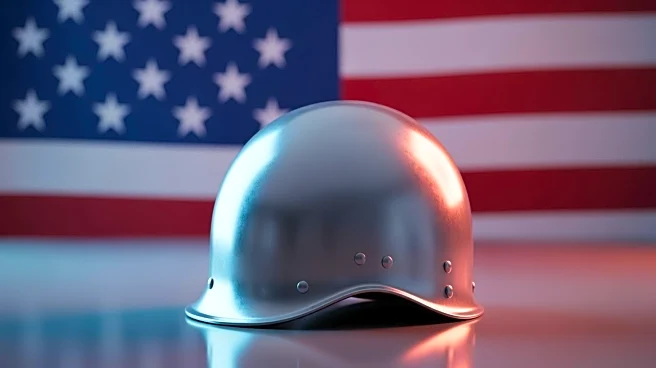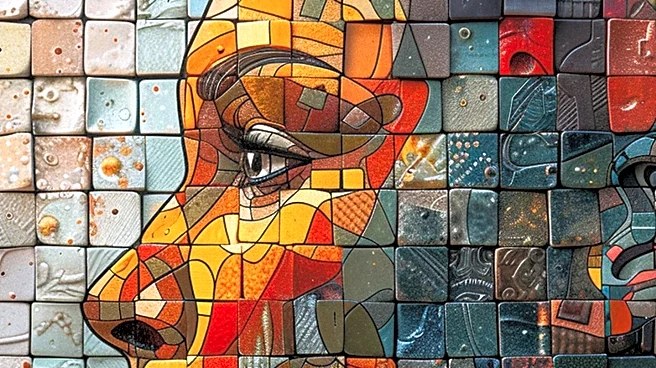What's Happening?
The Pentagon has confirmed the acceptance of a $130 million donation intended to assist in covering military salaries during the ongoing government shutdown. President Trump announced the donation, describing the donor as a 'friend' who wished to remain
anonymous. The donation is intended to offset the costs of service members' salaries and benefits, amidst a broader political stalemate over health care funding that has led to one of the longest federal closures in history. The Trump administration previously shifted $8 billion from military research and development funds to ensure military compensation did not lapse, but the future of such financial maneuvers remains uncertain.
Why It's Important?
This donation highlights the financial strain the government shutdown is placing on military operations and personnel. While the $130 million is a significant sum, it represents only a fraction of the billions required for military payroll. The situation underscores the broader political impasse affecting federal operations, with potential implications for military readiness and morale. The donation also raises ethical questions regarding the acceptance of large gifts by the Pentagon, particularly in light of regulations requiring consultation with ethics officials for donations exceeding $10,000.
What's Next?
As the government shutdown continues, the Trump administration faces the challenge of securing funds to maintain military payroll. The potential for further financial shifts or donations remains uncertain, and the political stalemate over health care funding shows no signs of resolution. The situation may prompt further scrutiny of the Pentagon's gift acceptance policies and the ethical considerations involved in accepting large donations.
Beyond the Headlines
The acceptance of this donation may set a precedent for future private contributions to government operations during fiscal crises. It raises questions about the role of private philanthropy in public sector funding, particularly in times of political gridlock. The ethical dimensions of such donations, including potential conflicts of interest, will likely be a topic of ongoing debate.















